Top Attractions in the Middle East
Discover the top attractions in the Middle East. From ancient sites like Petra and the Pyramids to modern marvels like the Burj Khalifa, explore the best of this diverse region.
Introduction
The Middle East is a captivating travel destination known for its cultural richness, historical significance, and diverse landscapes. From ancient ruins to modern architectural marvels, this region offers a unique blend of old and new. Whether you're a history buff, an adventure seeker, or simply looking to relax, the Middle East has something for everyone. This guide will take you through the must-visit attractions in the Middle East, ensuring you have an unforgettable experience.
Why Visit the Middle East?
The Middle East is a land of contrasts, where ancient history meets modern marvels. The region is home to some of the world's oldest civilizations, offering a rich tapestry of traditions and warm hospitality. Whether you're looking for adventure, cultural immersion, or relaxation, the Middle East has it all.
Historical and Cultural Attractions
1. Petra, Jordan
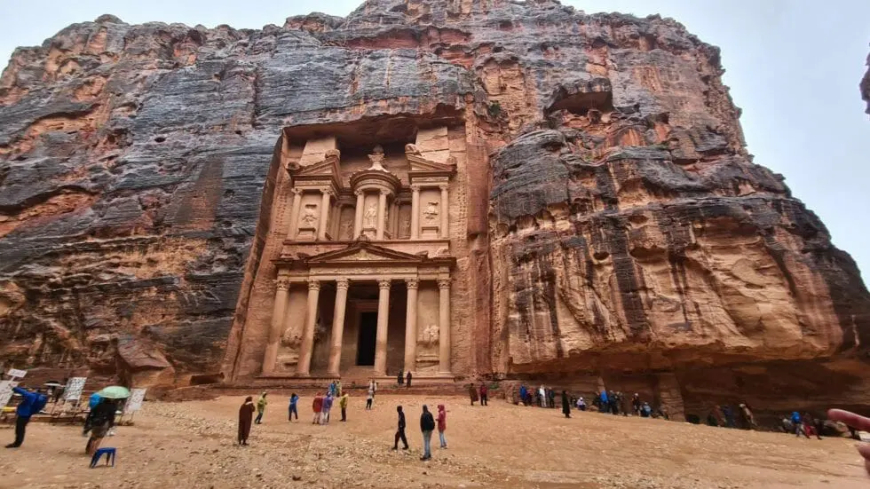
Petra, often referred to as the "Rose City," is an archaeological wonder that dates back to around 300 BCE. Carved into the red sandstone cliffs, Petra was the capital of the Nabataean Kingdom and is famous for its rock-cut architecture and water conduit system.
Tips for Exploring:
- Start early to avoid the crowds and the heat.
- Wear comfortable shoes and bring plenty of water.
- Don't miss the iconic Treasury (Al-Khazneh) and the Monastery (Ad Deir).
Best Times to Visit:
- Spring (March to May) and Fall (September to November) offer pleasant weather.
2. The Great Pyramids of Giza, Egypt
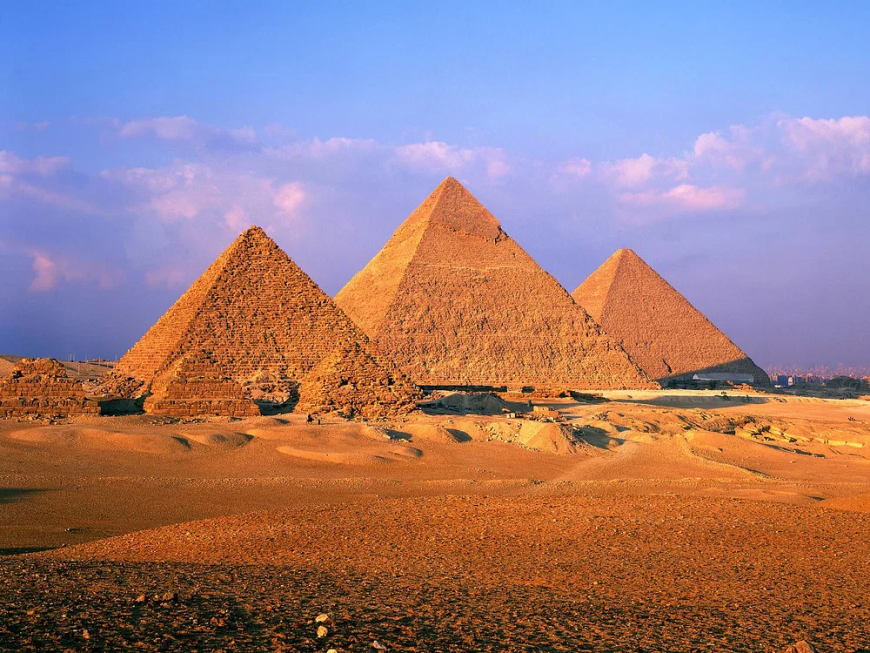
The Great Pyramids of Giza are one of the Seven Wonders of the Ancient World. Built as tombs for the Pharaohs, these massive structures are a testament to ancient Egyptian engineering.
Nearby Attractions:
- The Sphinx: A mythical creature with a lion's body and a human head.
- Solar Boat Museum: Houses a reconstructed ancient Egyptian solar barge.
How to Plan Your Visit:
- Book a guided tour for a deeper understanding.
- Visit early in the morning or late in the afternoon to avoid the midday heat.
3. Persepolis, Iran
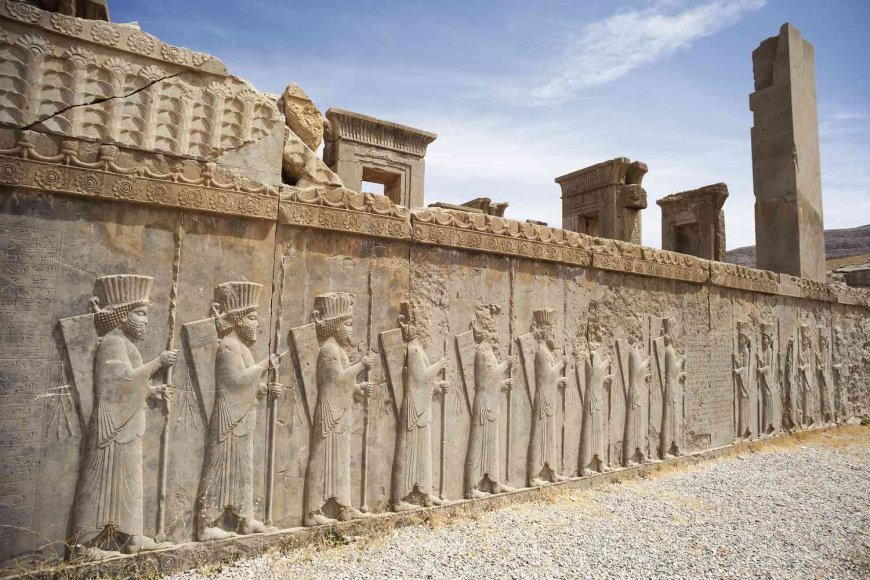
Persepolis was the ceremonial capital of the Achaemenid Empire. Founded by Darius I in 518 BCE, it is known for its grand palaces, gateways, and reliefs.
Key Highlights:
- The Gate of All Nations.
- The Palace of Darius.
- The Hall of a Hundred Columns.
Cultural Importance:
- Persepolis is a UNESCO World Heritage Site, showcasing the grandeur of the Persian Empire.
Modern Architectural Marvels
4. Burj Khalifa, UAE
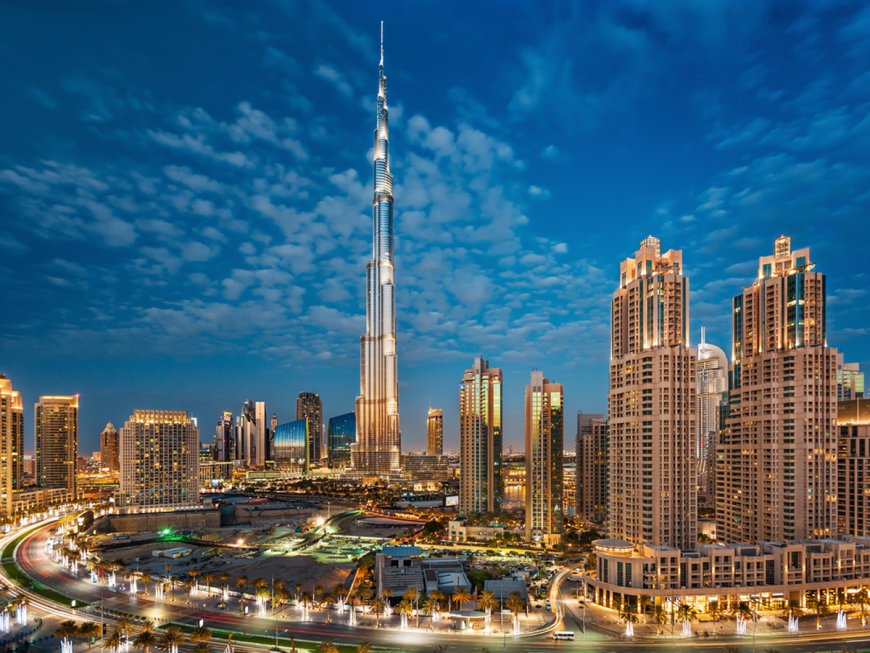
The Burj Khalifa in Dubai is the tallest building in the world, standing at over 828 meters. It offers breathtaking views of the city from its observation decks.
Observation Decks and Attractions:
- At the Top, Burj Khalifa: Located on the 124th and 125th floors.
- At the Top, Burj Khalifa SKY: Located on the 148th floor.
Tickets and Tips:
- Book your tickets in advance to avoid long queues.
- Visit during sunset for stunning views.
5. King Abdulaziz Center for World Culture (Ithra), Saudi Arabia
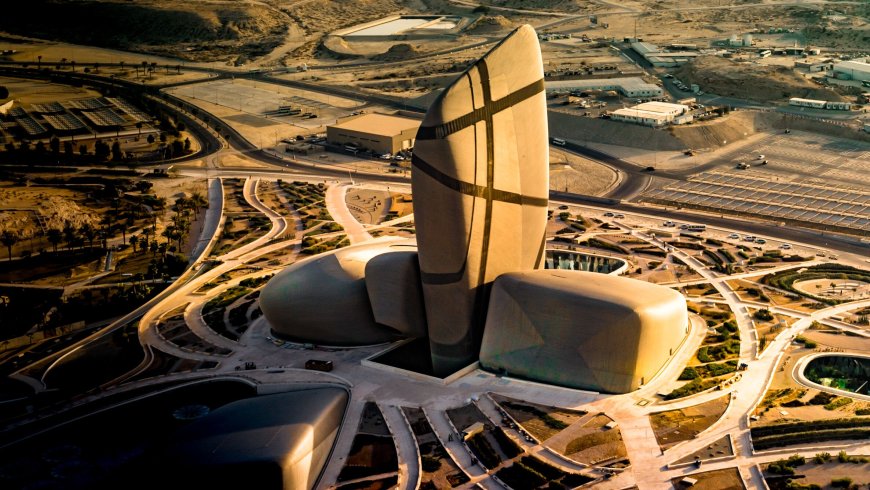
Ithra is a cultural landmark in Dhahran, Saudi Arabia. Designed by the Norwegian architecture firm Snøhetta, it is a hub for art, culture, and knowledge.
Highlights:
- Exhibitions showcasing Saudi and international art.
- Events and activities for all ages.
Why It’s a Must-Visit:
- Ithra offers a unique blend of traditional and modern cultural experiences.
6. Museum of Islamic Art, Qatar
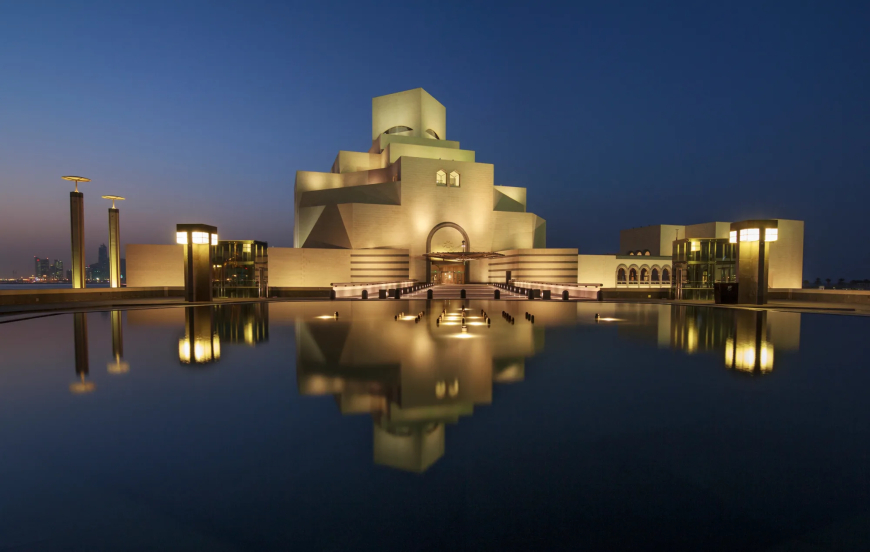
The Museum of Islamic Art in Doha is known for its unique architectural design and stunning location on the Corniche.
Collection and Exhibits:
- The museum houses a vast collection of Islamic art from the 7th to the 19th century.
- Exhibits include ceramics, textiles, and manuscripts.
Activities and Nearby Attractions:
- Guided tours and educational programs.
- Nearby attractions include the Souq Waqif and the Doha Corniche.
Natural Wonders and Landscapes
7. Wadi Rum, Jordan
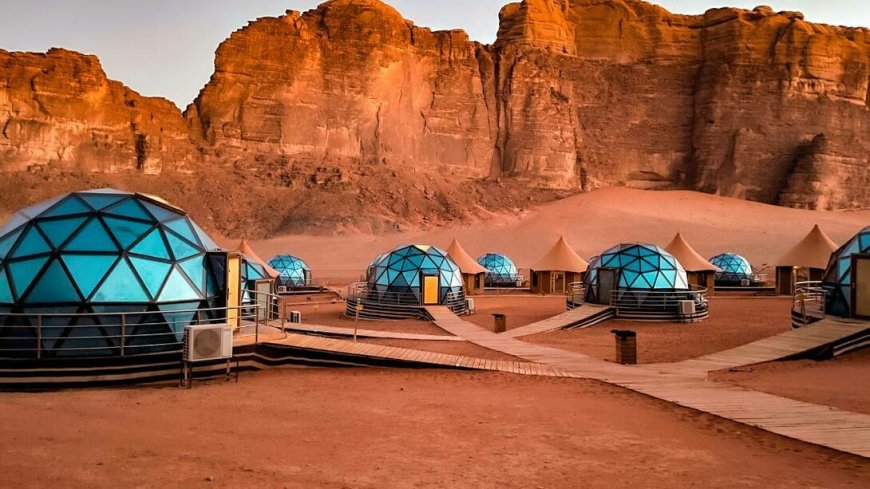
Wadi Rum, also known as the Valley of the Moon, is a stunning desert landscape with red sand dunes, towering cliffs, and ancient rock art.
Adventure Activities:
- Camel rides and jeep tours.
- Stargazing under the clear desert sky.
Accommodation Options:
- Bedouin camps offer an authentic desert experience.
8. Rub' al Khali (Empty Quarter), Oman/Saudi Arabia/UAE
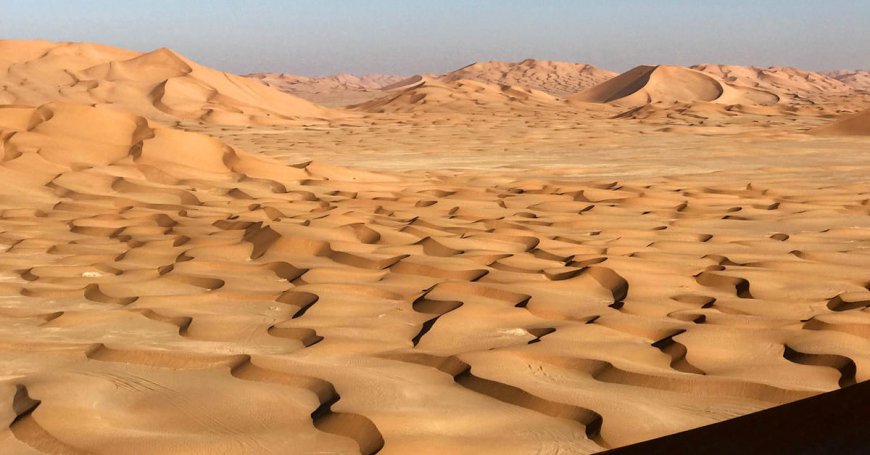
The Rub' al Khali is the largest sand desert in the world, covering parts of Oman, Saudi Arabia, and the UAE.
Unique Experiences:
- Sandboarding down the massive dunes.
- Desert safaris and camping under the stars.
Tips for Exploring Safely:
- Bring plenty of water and sun protection.
- Travel with a experienced guide.
9. Musandam Fjords, Oman
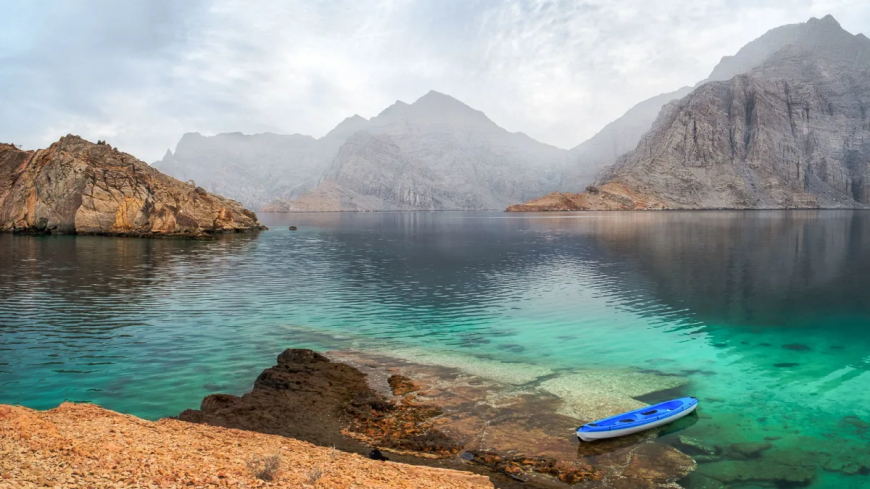
The Musandam Fjords, nicknamed the "Norway of Arabia," offer a unique blend of rugged mountains and clear blue waters.
Activities:
- Dhow cruises for a traditional sailing experience.
- Snorkeling and diving to explore the rich marine life.
Best Time to Visit:
- Winter (October to April) offers pleasant weather and clear waters.
Religious and Spiritual Sites
10. Al-Masjid al-Haram, Saudi Arabia
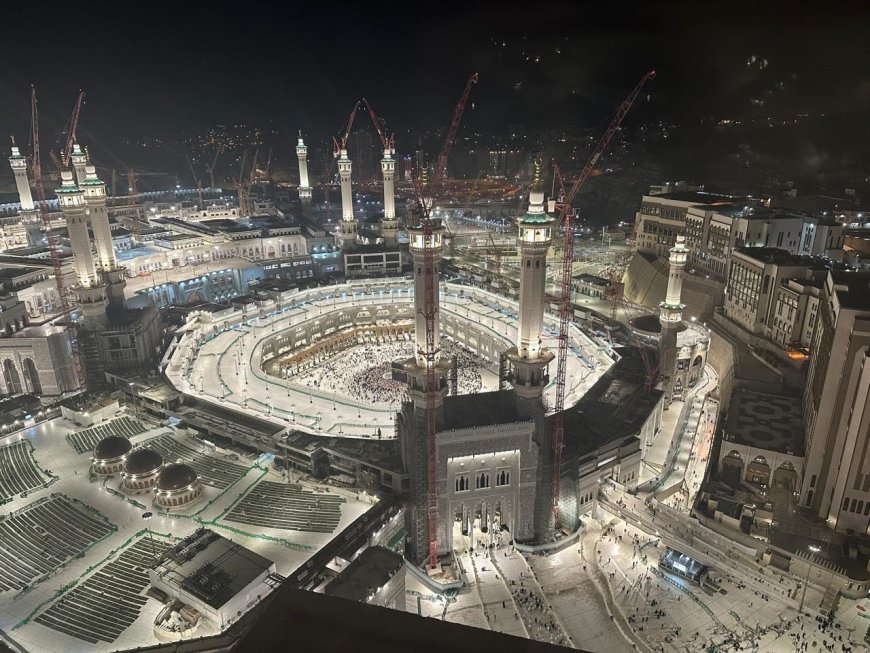
Al-Masjid al-Haram, or the Grand Mosque, in Mecca is the holiest site in Islam. It is the destination for the annual Hajj pilgrimage.
Significance:
- The mosque houses the Kaaba, the most sacred structure in Islam.
Visiting Rules and Guidelines:
- Non-Muslims are not permitted to enter Mecca.
- Follow the dress code and respect local customs.
11. Jerusalem, Israel/Palestine
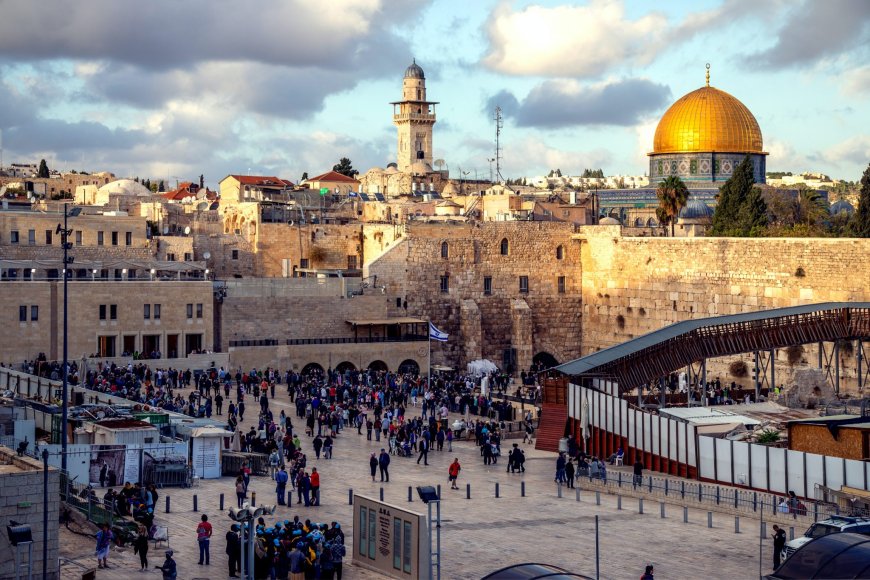
Jerusalem is a city of immense religious and historical significance, sacred to Jews, Christians, and Muslims.
Major Religious Sites:
- Western Wall: A holy site for Jews.
- Dome of the Rock: A sacred site for Muslims.
- Church of the Holy Sepulchre: A pilgrimage site for Christians.
Tips for Respectful Exploration:
- Dress modestly and respect local customs.
- Be mindful of religious holidays and events.
12. Sheikh Zayed Grand Mosque, UAE
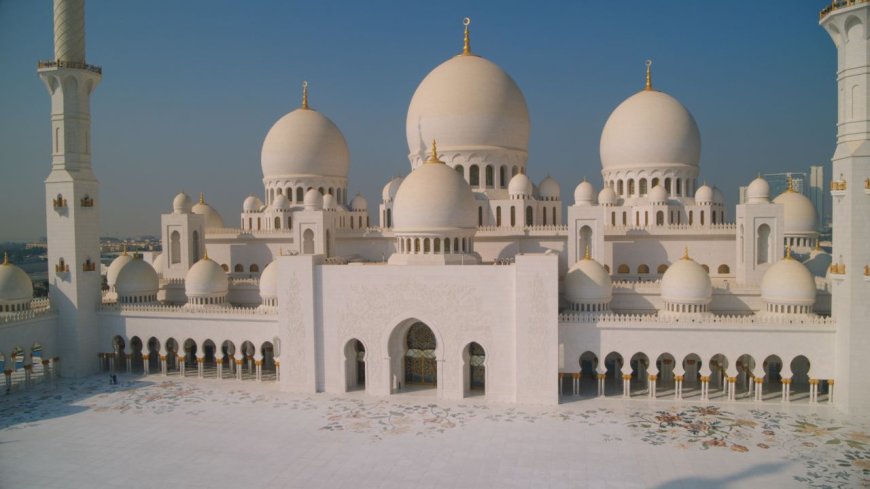
The Sheikh Zayed Grand Mosque in Abu Dhabi is a masterpiece of Islamic architecture, featuring intricate designs and stunning craftsmanship.
Visiting Rules and Dress Codes:
Dress modestly and respect the mosque's rules.
Free guided tours are available.
Best Times for Photography and Tours:
- Visit during sunset for beautiful lighting.
- Evening tours offer a peaceful experience.
Coastal Destinations and Islands
13. The Dead Sea, Jordan/Israel
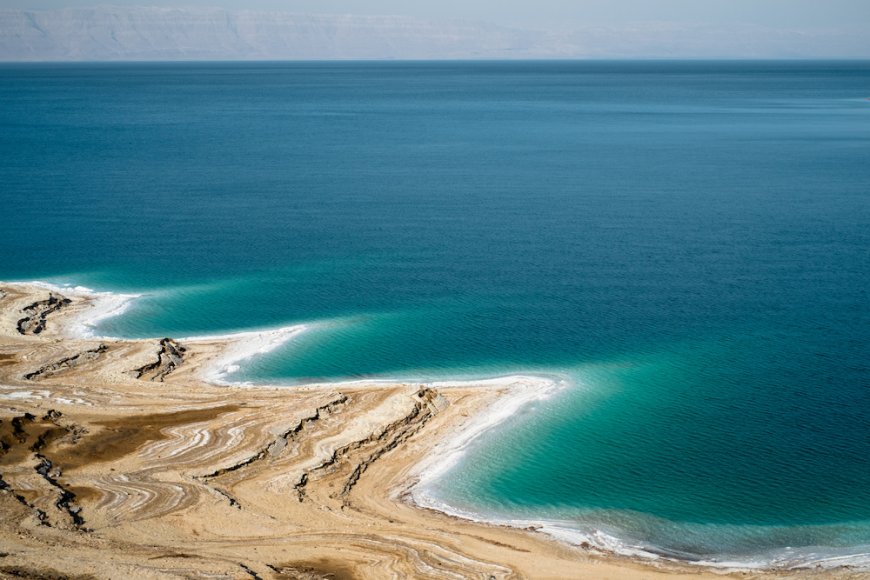
The Dead Sea is known for its high salt content, making it impossible to sink. The mineral-rich waters offer numerous health benefits.
Best Beaches and Resorts:
- Ein Bokek and Ein Gedi in Israel.
- Dead Sea Spa Hotel in Jordan.
Tips for First-Time Visitors:
- Apply sunscreen and stay hydrated.
- Avoid getting water in your eyes.
14. Kish Island, Iran
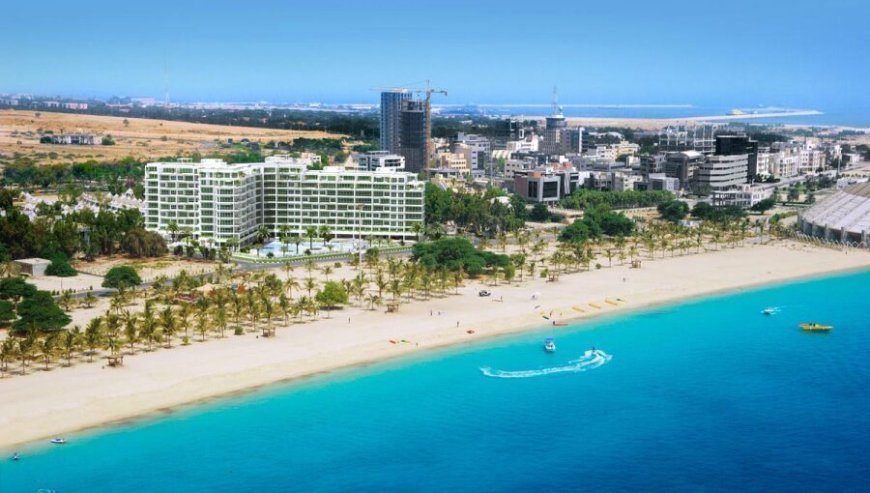
Kish Island is a popular tourist destination known for its beautiful beaches, water sports, and duty-free shopping.
Activities:
- Water sports like jet-skiing and parasailing.
- Diving to explore the coral reefs.
- Shopping at the island's malls.
Why It’s Popular with Tourists:
- The island offers a relaxed atmosphere and numerous entertainment options.
15. Saadiyat Island, UAE
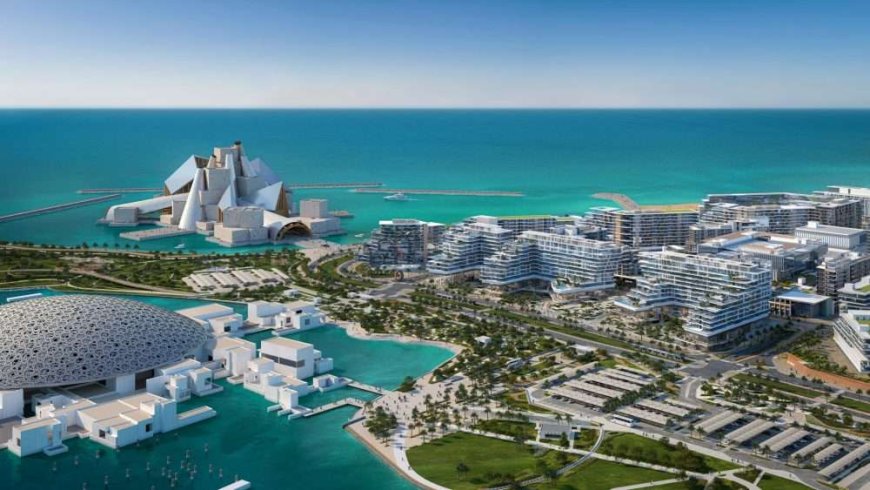
Saadiyat Island in Abu Dhabi is a cultural and leisure destination, home to stunning beaches and luxury resorts.
Cultural District Highlights:
- Louvre Abu Dhabi: A world-class museum showcasing art from around the world.
Activities for Families and Art Enthusiasts:
- Beach activities and water sports.
- Cultural events and exhibitions.
Also Read: Chasing the Northern Lights: Where and When to Go
Adventure and Outdoor Activities
The Middle East offers a variety of adventure and outdoor activities to suit every taste.
Scuba Diving in the Red Sea:
- The Red Sea is known for its clear waters and vibrant marine life. Popular diving spots include Sharm El Sheikh in Egypt and Aqaba in Jordan.
Hiking and Exploring Oman’s Hajar Mountains:
- The Hajar Mountains offer stunning landscapes and challenging hikes. Popular trails include Jebel Shams and Jebel Akhdar.
Hot Air Balloon Rides over Cappadocia:
- While technically in Turkey, Cappadocia's hot air balloon rides offer a unique perspective on the region's stunning landscapes.
Culinary Experiences in the Middle East
The Middle East is a food lover's paradise, offering a fusion of traditional and modern cuisines.
Must-Try Dishes:
- Hummus: A creamy chickpea dip.
- Shawarma: Marinated meat cooked on a spit.
- Falafel: Deep-fried chickpea balls.
- Baklava: Sweet pastries filled with nuts and syrup.
Best Food Markets and Culinary Tours:
- Spice Souk in Dubai.
- Mahane Yehuda Market in Jerusalem.
- Culinary tours in Beirut.
Tips for Traveling in the Middle East
Understanding Cultural Norms and Etiquettes:
- Dress modestly, especially when visiting religious sites.
- Respect local customs and traditions.
Best Times to Visit Different Regions:
- Spring and Fall offer pleasant weather in most regions.
- Winter is ideal for desert activities.
Staying Safe and Respecting Local Traditions:
- Stay informed about local laws and customs.
- Travel with a reputable tour operator for added safety.
Conclusion
The Middle East is a region of diverse attractions, from ancient historical sites to modern architectural marvels, and from natural wonders to cultural experiences. Whether you're seeking adventure, relaxation, or cultural immersion, the Middle East has something to offer. By following this guide, you can ensure a memorable and enriching visit to this fascinating region.
Frequently Asked Questions (FAQs)
1. Is it safe to travel to the Middle East?
- Safety varies by country and region. Stay informed about current travel advisories and choose reputable tour operators.
2. What is the best time of year to visit the Middle East?
- Spring (March to May) and Fall (September to November) offer pleasant weather in most regions.
3. How can I respect local customs and traditions?
- Dress modestly, especially when visiting religious sites.
- Be mindful of local laws and customs.
4. Are there family-friendly attractions in the Middle East?
- Yes, the Middle East offers numerous family-friendly attractions, including theme parks, beaches, and cultural sites.
5. What is the most budget-friendly way to explore the region?
- Travel during the off-peak season, use public transportation, and look for budget-friendly accommodations and dining options.
What's Your Reaction?






































